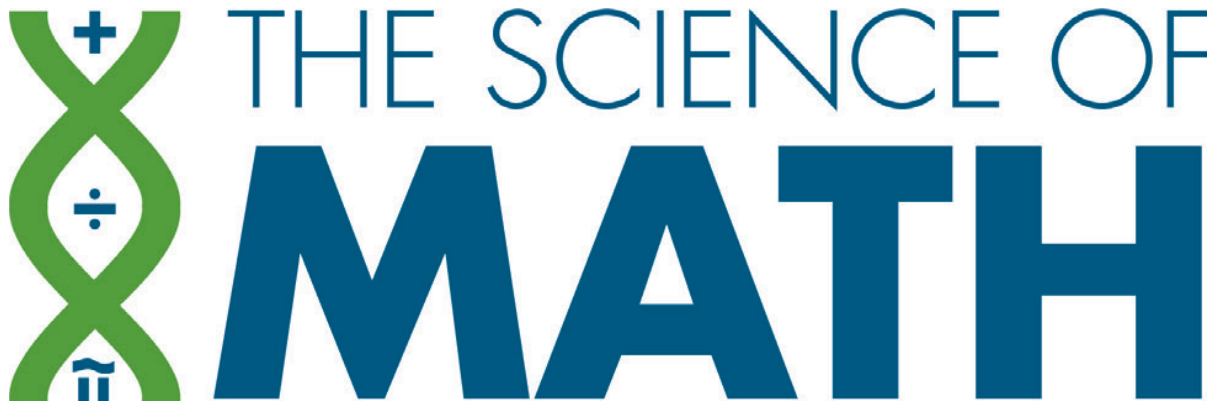
Common Misconceptions: Algorithms
MISCONCEPTION
Many educators believe algorithms promote memorization, and teaching the algorithm would contribute to a superficial understanding of steps, conventions, and rules. This belief leads to the idea that students should not be taught algorithms or that teaching of the algorithm should be delayed until somehow the student has learned how solve an operation using other strategies.
TRUTH
An algorithm is a step-by-step procedure for solving a problem and is generally the most reliable and efficient way to solve a problem. Using an algorithm requires conceptual understanding of what is happening in the problem and procedural knowledge to accurately solve. Algorithms can serve as a link between conceptual understanding and procedural knowledge.1,2

Algorithms
Research conclusively indicates that gains in conceptual understanding facilitate gains in procedural skill and vice versa. Understanding how and why an algorithm works to efficiently solve a math problem deepens procedural skill and, in turn, deepens conceptual understanding.3,4,5,6,7,8
Effective instruction promotes both conceptual and procedural skill development daily during core instruction by interleaving instructional tactics designed to promote both using systematic and explicit instruction3,4,5,6,7,8 and interleaving tasks in mixed problem practice sessions9 so students gain proficiency determining which tactics to use to solve particular problems.
Promote flexibility
Lead to deeper understanding
Help know when and how to use strategies
Citation: Advocates for the Science of Math (2021). Common misconceptions: Algorithms. Authors.
(1) VanDerHeyden, A. M., & Codding, R. S. (2020). Belief-based versus evidence-based math assessment and instruction: What school psychologists need to know to improve student outcomes. Research-based practice; Communique, 48(5), p. 1, 20-25.
(2) Powell, S. R., Hughes, E. M., Peltier, C. (2022). Myths that interfere with mathematics instruction. Centre for Independent Studies. https://www.cis.org.au/publication/myths-that-undermine-maths-teaching/
(3) Star, J. (2005). Reconceptualizing procedural knowledge. Journal for Research in Mathematics Education, 36, 404-411.
(4) Rittle-Johnson, B. (2017). Developing mathematics knowledge. Child Development Perspectives, 11(3), 184–190. https://doi.org/10.1111/cdep.12229
(5) Rittle-Johnson, B., Schneider, M., & Star, J. (2015). Not a one-way street: Bidirectional relations between procedural and conceptual knowledge of mathematics. Educational Psychology Review, 27(4), 587–597. https://doi:10.1007/s10648-015-9302-x
(6) Schneider, M., Star, J. R., & Rittle-Johnson, B. (2011). Relations among conceptual knowledge, procedural knowledge, and procedural flexibility in two samples differing in prior knowledge. Developmental Psychology, 47(6), 1525–1538. https://doi:10.1037/a0024997
(7) Hecht, S. A., & Vagi, K. J. (2010). Sources of group and individual differences in emerging fraction skills. Journal of Educational Psychology, 102, 843–859. https://doi:10.1037/a0019824
(8) Rittle-Johnson, B., Siegler, R. S., & Alibali, M. W. (2001). Developing conceptual understanding and procedural skill in mathematics: An iterative process. Journal of Educational Psychology, 93(2), 346–362. https://doi.org/10.1037/0022-0663.93.2.346
(9) Rohrer, D., Dedrick, R. F., Hartwig, M. K., & Cheung, C. N. (2019, May16). A randomized controlled trial of interleaved mathematics practice. Journal of Educational Psychology. Advance online publication. https://dx.doi.org/10.1037/edu0000367




